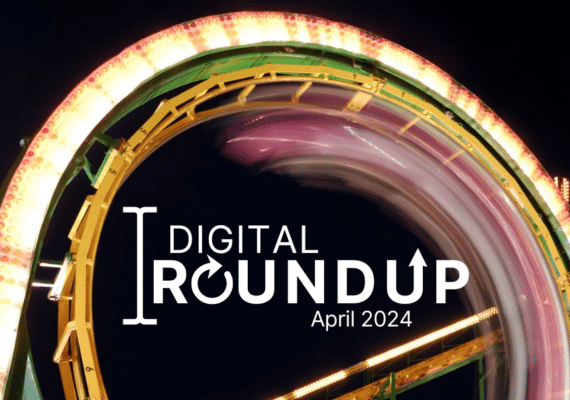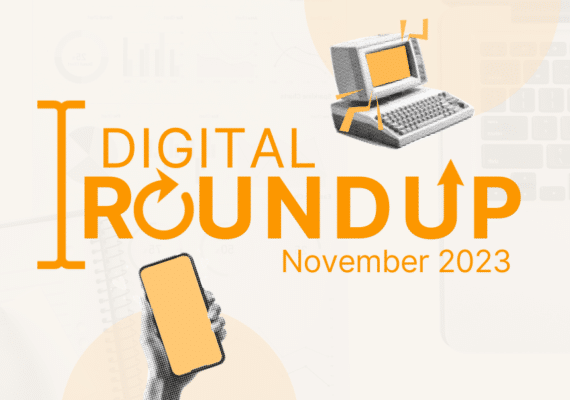Contents
Google’s Latest Helpful Content Update – What You Need to Know
Google’s latest helpful content update is here and fully implemented after rolling out over the past few weeks. One of the notable changes is a shift in Google’s stance on machine-generated content. Previously, Google emphasized the importance of human-generated content in its Helpful Content System, but this guidance has now been relaxed. The updated guidance aligns more closely with other advice on AI-generated content.
Specifically, the previous guidance stated that Google’s helpful content system prioritizes original, helpful content written by people for people. However, the updated guidance removes the emphasis on content written by people and focuses on content created for people. This suggests a change in Google’s attitude towards AI-generated content – perhaps due to its explosion in recent months.
Another significant change introduced by the update concerns third-party content hosted on websites or subdomains. In the past, it was common for websites to host third-party content on subdomains or the main domain. This practice was believed to leverage the ranking power of the main site to boost the subdomain’s content. However, the September 2023 update introduces a new section in the Helpful Content Update guidance, warning that hosting third-party content may negatively affect a website’s rankings. Google advises that such content should be blocked from being indexed if it is largely independent of the main site’s purpose or produced without close supervision.
Additionally, the update includes new guidance on recovering from a drop in traffic following a Helpful Content Update. Website owners are encouraged to self-assess their content and identify and fix any unhelpful content that may be affecting their rankings.
These changes reflect Google’s ongoing efforts to promote quality content and enhance its search results. They also signal a shift in the importance of human-generated content versus AI-generated content in Google’s ranking algorithms.
New Confirmation: Quality is The Most Important Factor for Search Indexing
During a recent podcast featuring Google’s Search Relations team, the paramount role of quality in various aspects of search was reinforced. Quality is the driving force behind many decisions made by Google’s indexing and crawling algorithms, influencing a wide spectrum of functions.
Quality is a recurring factor across search systems, affecting everything from sitemaps to rankings. Google’s crawl scheduler utilizes quality signals to prioritise which URLs to crawl first. When Google identifies a set of URLs from a site to crawl, it builds an ordered list based on perceived quality. Quality is particularly crucial in indexing decisions; it holds the most significance in determining which pages get indexed.
Quality vs. Rankings:
It’s important to note that having high-quality content doesn’t automatically guarantee a top spot in Google’s search results. While quality content plays a role in how Google crawls and indexes pages, it doesn’t directly equate to higher rankings.
Quality Across a Site:
Quality can vary across different sections of a website. Google may treat sections with consistently high-quality content differently from those known for lower quality. For instance, user-generated content sections can have varying levels of quality, impacting Google’s crawling patterns.
Improving Site Quality:
We have been assured that site owners can enhance their site’s quality, even if it previously contained low-quality content. Removing low-quality content can improve Google’s perception of the site, which, in turn, can influence how Google crawls and indexes the remaining pages.
Clearing Up SEO Misconceptions:
Contrary to popular belief, duplicate content isn’t always problematic, and affiliate links are acceptable as long as the surrounding content is unique and valuable. The same applies to translated content, though human review of machine translations is recommended.
In summary, enhancing overall site quality can positively impact how Google crawls, indexes, and perceives a website. While quality content alone doesn’t guarantee high rankings, dedicating resources to produce valuable, unique content is likely to improve a site’s standing in search results.
YouTube is Introducing AI-Powered Tools for Google Ads
YouTube, in collaboration with Google Ads, has unveiled an innovative AI-powered feature designed to assist advertisers in enhancing the effectiveness of their video ad campaigns. This creative guidance tool, accessible within Google Ads’ Recommendations and Video Analytics sections, evaluates video ads against Google’s established best practices in creativity.
Creative Guidance in Google Ads:
This AI-powered feature evaluates video ads against Google’s proven best practices in creativity. It identifies critical elements that may be missing in an ad and provides actionable suggestions to enhance its performance. For instance, it checks for the presence of a brand logo within the first five seconds, assesses the need for a voiceover, and considers video length in alignment with specific marketing objectives.
Accessing the Feature:
Google advertisers can access the creative guidance feature by navigating to the “Assets” and “Videos” sections within their Google Ads account. Within the “Analytics” tab, the tool lists missing creative attributes and offers recommendations for improvement.
Focus Areas:
The AI-powered creative guidance primarily concentrates on four key elements: brand logo visibility, video duration, voiceover quality, and aspect ratio. It is noteworthy that video ads with voiceovers have demonstrated higher conversion rates based on internal data.
Future Expansions:
Google intends to broaden the scope of attributes analyzed by AI to provide more comprehensive advice to marketers. However, it’s important to note that AI recommendations are rooted in historical data and established best practices, which may not align with every brand’s unique style and strategy.
AI-Powered Video Campaigns:
Brands like eBay have already benefited from AI-powered video campaign types, experiencing increased conversion rates and reduced ad costs. AI-driven advertising solutions have the potential to revolutionize creative asset optimization, advertising strategy analysis, and data-driven decision-making, ultimately leading to improved ROI.
Google’s latest announcement underscores its commitment to integrating AI into the advertising industry, offering advertisers valuable tools to enhance their video ad campaigns and maximize their advertising effectiveness.








